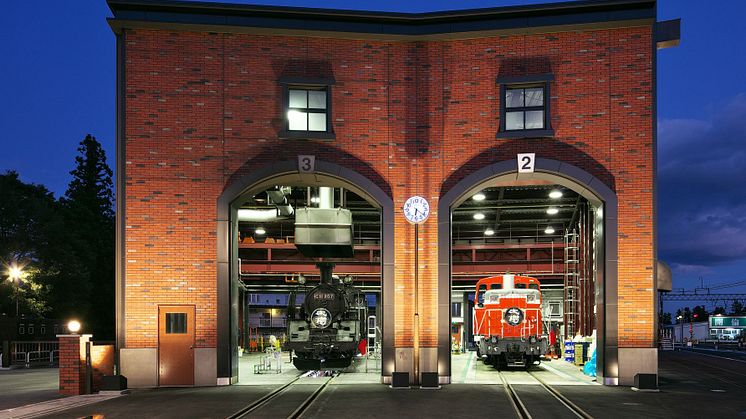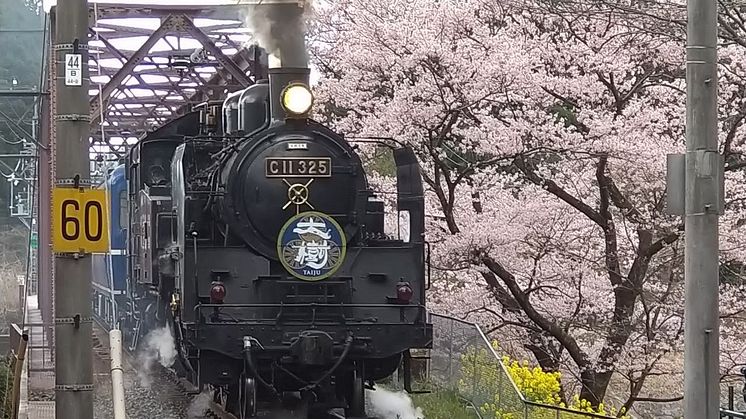
Press release -
Tobu Railway Makes Japan's First Demonstration Experiment Using Biofuel in a Steam Locomotive
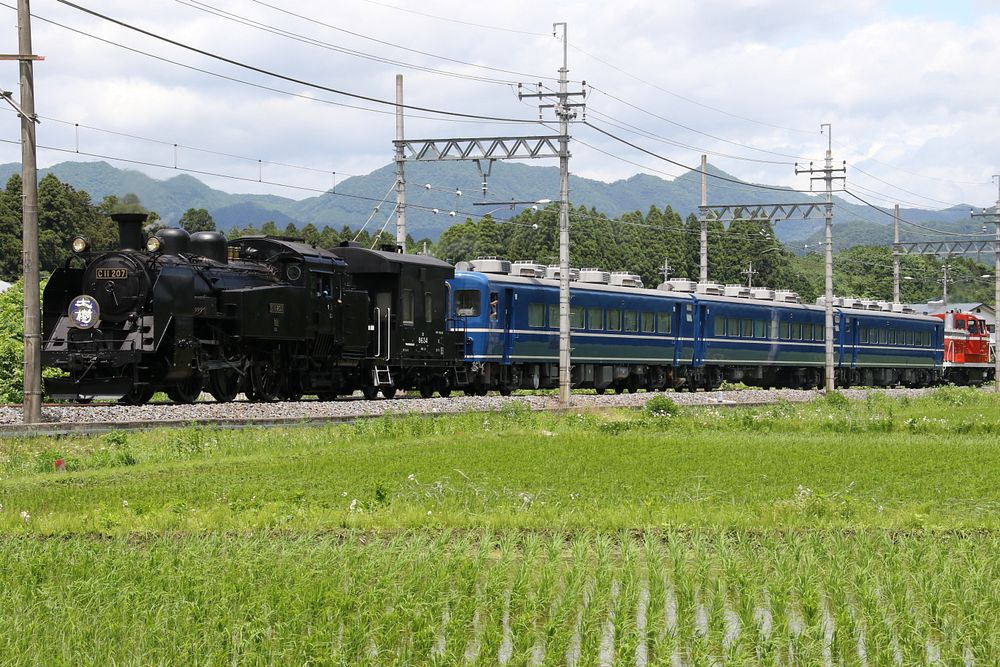
Tobu Railway has begun a demonstration experiment to replace part of its coal fuel used to power its "SL Taiju" Steam Locomotive, with bio-coke derived from plant-based materials.
The aim is to achieve carbon neutrality in the future. This will be the first time in Japan that biofuel will be used for the SL "steam locomotive." In this experiment, 40% of the fuel will be replaced with bio coke in a fire retention process, in which coal is constantly burned to maintain and protect the pressure of the SL boiler.
In addition, approximately 50% of the diesel oil fuel for DL Taiju "diesel locomotive," will be replaced with biodiesel fuel blended diesel oil "B5."
This is expected to reduce CO2 emissions by more than 150 tons per year - equivalent to the annual CO2 emissions of about 50 average households.
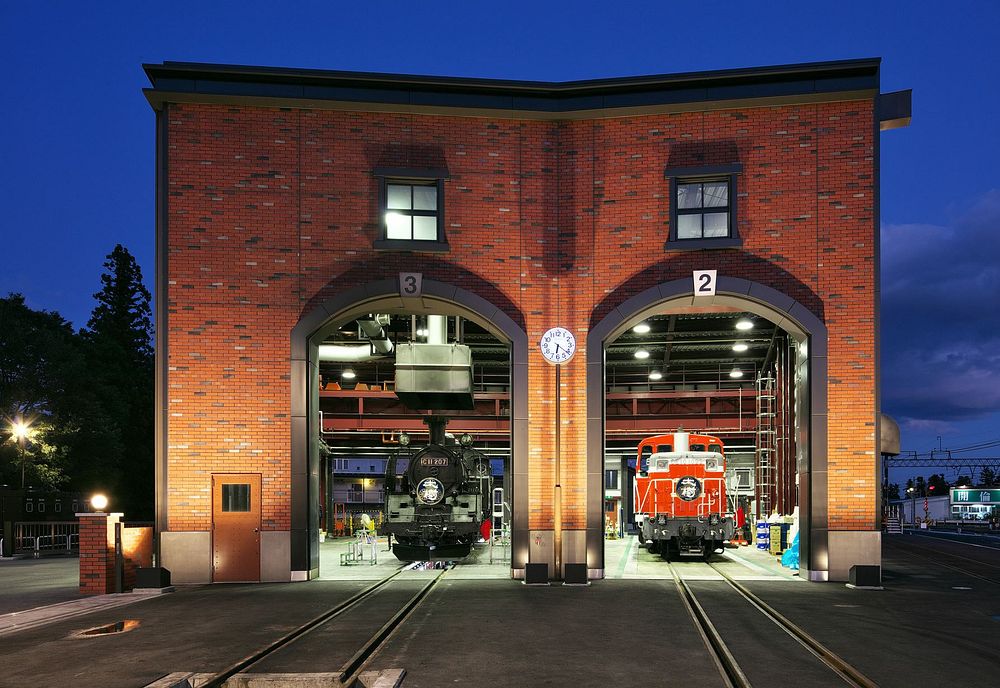
The SL Taiju started its revival operation on August 10, 2017, with the aim of "preserving and utilizing railway industrial cultural heritage" and "creating new regional tourism vitality," centering on the Nikko and Kinugawa areas of Tochigi Prefecture (about two hours north of Tokyo). Currently, it has served approximately 490,000 passengers. Through this initiative, Tobu aims to reduce CO2 emissions and make the SL operation more sustainable.
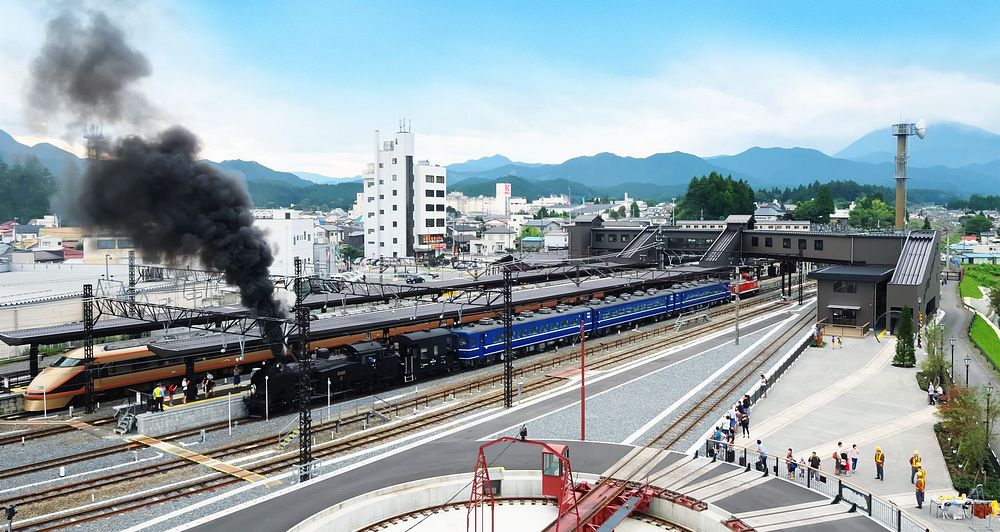
Based on the results of this experiment, a full-scale operation will be considered moving forward. In the future, Tobu Bus Nikko, which operates biofuel buses in the Nikko area, aims to establish a "local production for local consumption" energy cycle.
The Test period began on January 31, 2024, and will last approximately one year (tentative).
About Biofuels
(1) Bio-coke: This is fuel made by crushing and drying plant-derived waste materials such as wood chips, buckwheat chaff, tree bark, and coffee grounds, and then compressing the volume under pressure, heating it, and forming it into a cylindrical shape.
(2) Biodiesel Fuel Mixed Diesel Fuel "B5": This is fuel mixed with 5% biodiesel derived from waste cooking oil that meets the standards for diesel fuel as stipulated in Japan's "Act on the Quality Control of Gasoline and Other Fuels."

